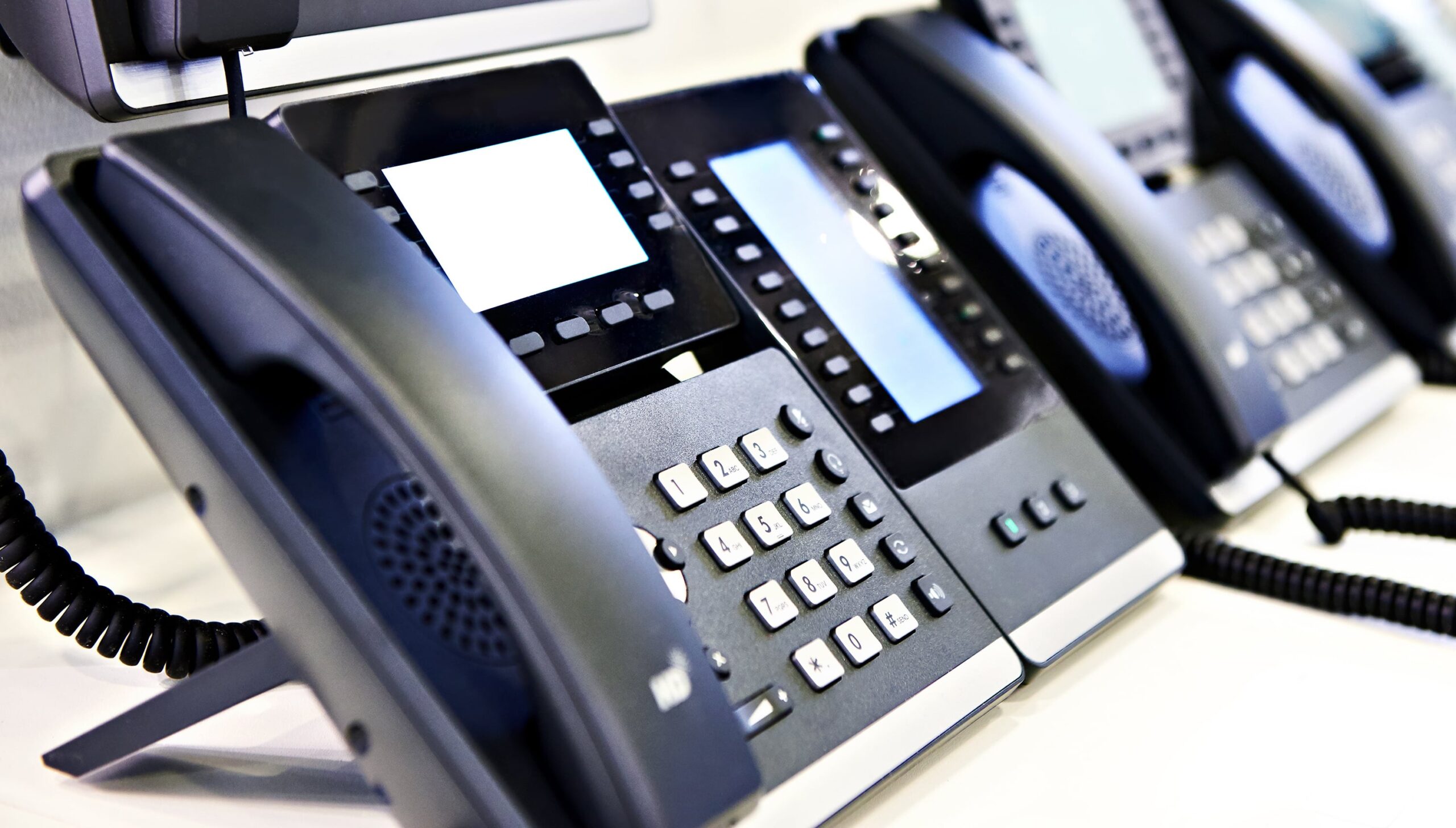Voice Over Internet Protocol (VoIP), which combines networking and telephony, is a digital development with its own security problems. However, because of established protocols and standards, all VoIP systems will be more secure than public switched telephone networks.
Data must be sent through physical media in the case of telephony systems that were formerly analogue or digital. Traditional telecommunication security attacks, such as eavesdropping, require a physical presence and access to the entire lines to be launched successfully.
As we are all aware, security is a hotly contested subject, and the necessity of encrypting VoIP calls cannot be overstated. It’s crucial to be aware of some of the most common concerns given the increasing growth of VoIP. Each device and service offers a portion of a secure VoIP solution, but there are a few additional ways to securely set up a VoIP system.
VoIP Cyber Security Risks and How to Secure Them?
VoIP is a superb telecommunications technology that is rapid, economical, and user-friendly. There has been a lot of spotlight on VoIP security, which might render them susceptible to cyberattacks like any other internet protocol, but it doesn’t have to.
Because it is online and unprotected, it is vulnerable to hacking. VoIP calls are susceptible to being overheard, bugged, and occasionally even utilised to gain access to servers. This is especially dangerous if you’re processing credit card purchases or conducting personal informational phone calls.
It’s a call placed digitally instead of using traditional phone lines. As long as the IT infrastructure is reliable, using VoIP internally is just as dependable as using conventional phone lines. Fortunately, VoIP can be secured using basic cybersecurity methods and best practices.
When calls are placed outside of the internal system, they are vulnerable.
The Session Initiation Protocol starts and ends a VoIP phone call (SIP). It acts as a link between the phone and the internet. To use VoIP, SIP is necessary. It can be exploited and is insecure.
One of several protocols is then used to transport the call data across the internet, and the SIP ultimately closes the gateway.
Cyber Security with VoIP – Methods
DDOS attacks may devastate any business, so it’s critical to take precautions to secure VoIP. The following methods could enforce VoIP cyber security.
Robust Passwords:
A strong password is the cornerstone of cybersecurity. Therefore, you should ensure the IP switches, servers, routers, and firewalls have secure passwords.
Encryption:
One of the best ways to be sure that data transferred over the internet cannot be read if it is intercepted is via encryption. This is especially helpful if your partners, clients, or end-users have crucial conversations that could damage their reputation if the contents are revealed. Verify the encryption of the SMB and VoIP services. Therefore, encrypting the data in many places makes it difficult for hackers to access it.
VPN:
A VPN is a fantastic way to secure data transmission over the internet. Like an internal network, it establishes a secure network where information can be transferred. The SIP is undoubtedly protected when using VoIP through a VPN and is virtually untraceable.
Conduct Network Penetration Testing:
Make sure you regularly perform network penetration testing. The act of an IT expert purposefully hacking a system to determine how vulnerable it is is a cyber security methodology. The weaknesses can be fixed after they have been located, strengthening your entire IT architecture.
Also Read: How Does VoIP Service Work? 





